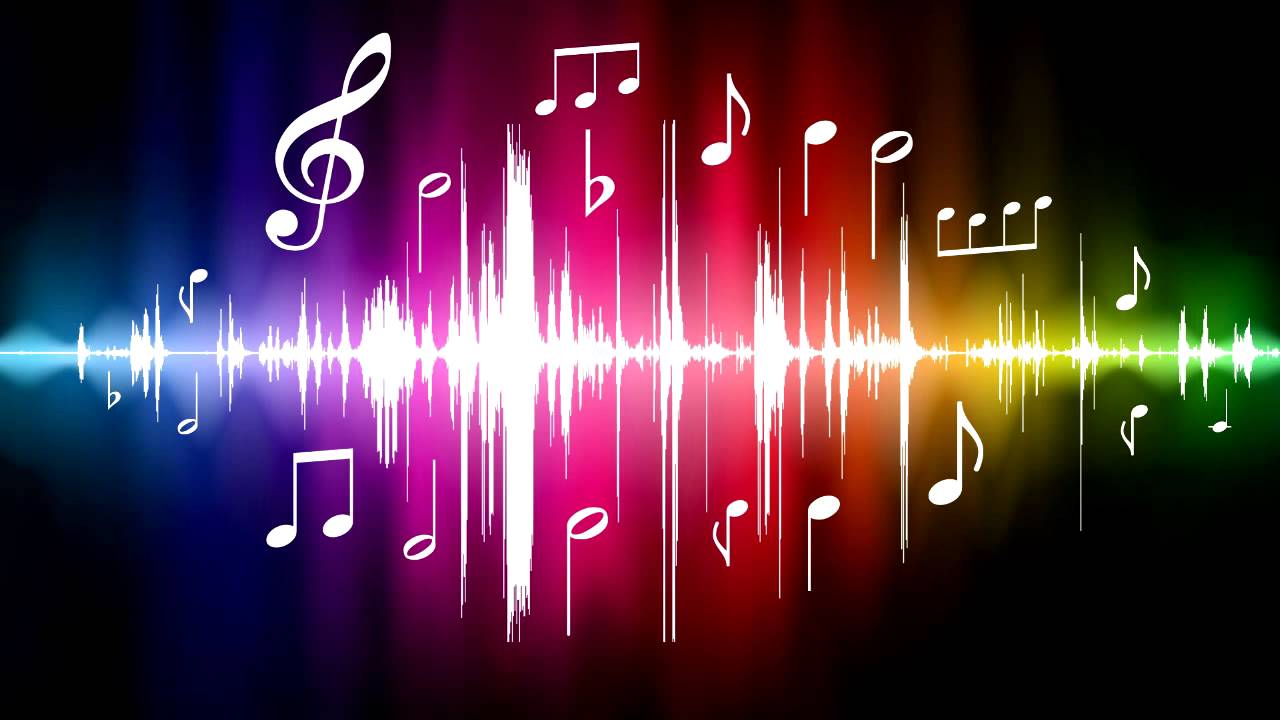
Functions of Music
We know why we listen to music right? because it gives us pleasure, whether it is by making us feel happy, energetic or even help us through tough times while embracing feelings of sadness and nostalgia. We do not however, think about why music is so important to us and has been for so many centuries. It could be just about pleasure, but there must be something else to it, like healthy reactions or even phisiological reactions.
In order to analyse this aspect of music, it will be necessary to go back to the origins of music to see why this beautiful art came to be.
Theories of Music Functions

According to an article by “Frontiers in Psychology” there are a few different approaches to the function of music.
Some of the first proposals were whether or not music had an evolutionary function. On the evolutionary side of things:
Evolutionary discussions of music can already be found in the writings of Darwin. Darwin discussed some possibilities but felt there was no satisfactory solution to music’s origins (Darwin, 1871, 1872). His intellectual heirs have been less cautious. Miller (2000), for instance, has argued that music making is a reasonable index of biological fitness, and so a manifestation of sexual selection—analogous to the peacock’s tail. Anyone who can afford the biological luxury of making music must be strong and healthy. Thus, music would offer an honest social signal of physiological fitness.
It’s a bit strange to think of music as a “biological luxury” however it is one of the proposals, and if you see it through the evolutionary theory it kind of makes sense.
However there are many other factors in this luxury including pleasure, music as a way to help with social conventions, or even as a way to aliviate stress and anxiety.
Non evolutionary:
Many scholars have steered clear of evolutionary speculation about music, and have instead focused on the ways in which people use music in their everyday lives today. A prominent approach is the “uses-and-gratifications” approach (e.g., Arnett, 1995). This approach focuses on the needs and concerns of the listeners and tries to explain how people actively select and use media such as music to serve these needs and concerns. Arnett (1995) provides a list of potential uses of music such as entertainment, identity formation, sensation seeking, or culture identification.
A non evolutionary approach gets closer to the popular opinion on the function of music, which ranges from culture identity, entertainment to emotions.
To summarize, evolutionary theories on the function of music leans towards the body and its reactions, and non evolutionary theories are more about the psychology behind it and more importantly cultural meaning.
The Function of Music Today

Some of the most well known facts about music today are:
Happiness and Creativity
According to a study by the journal Nature and led by Daniel Levitin, neuroscientist and author of the book “This is Your Brain on Music: The Science of a Human Obsession,” music activates the frontal lobe of the brain, thus releasing dopamine in the same way a drug would. More importantly, this whole process enhances abstract processing power, which means that the brain works better creating and solving problems.
Therapeutic Effects
Several studies have shown that music helps with several conditions including Alzehimer’s and Parkinson’s.
According to pianist Robert Jourdain in the book “Music, the Brain and Ecstasy: How Music Captures Our Imagination,” it helps because it “relaxes the cerebral flow(…)stimulating and coordinating the activities of the brain.”
“Music lifts us from our frozen mental habits and makes our minds move in ways they ordinarily cannot”. And according to Jourdain, this works with everyone.
Going back to both the evolutionary theories, in a way both were right, however, now we have the tools to get more detailed results through experiments.
